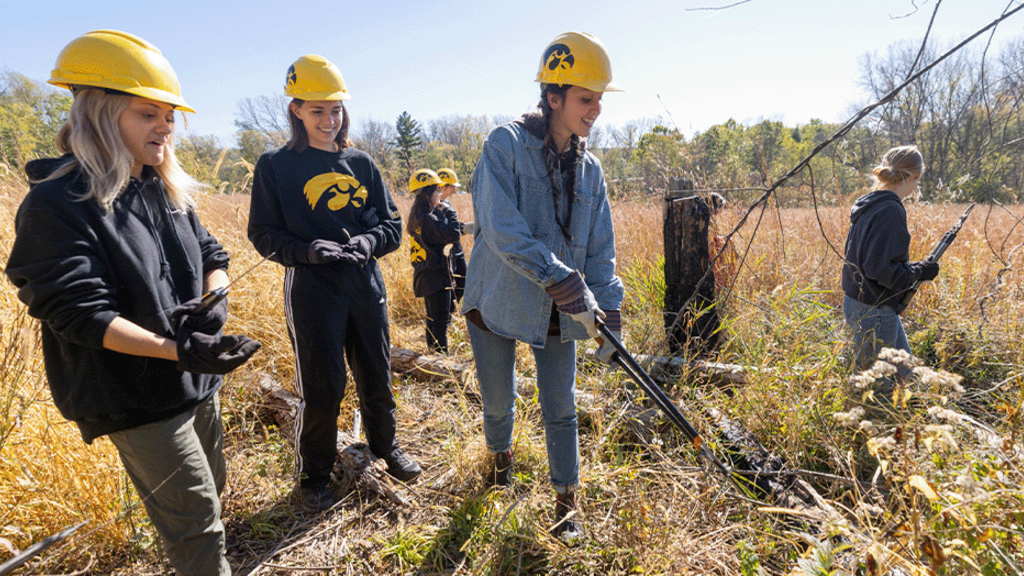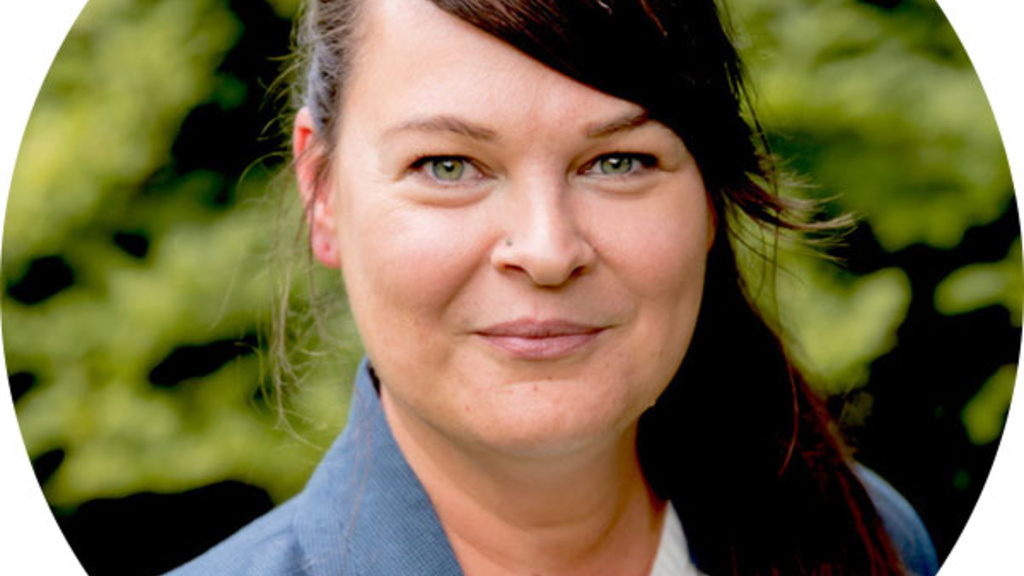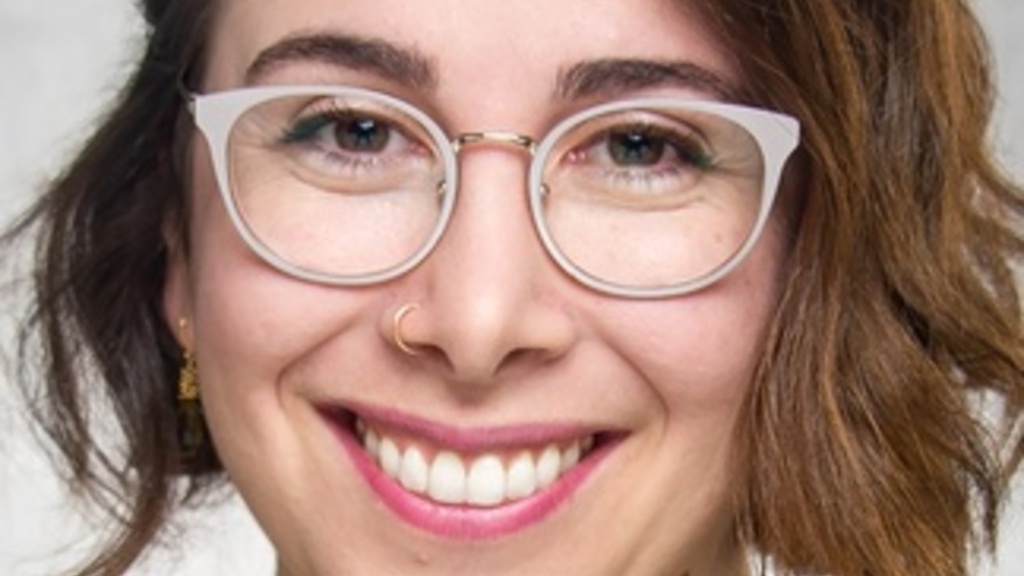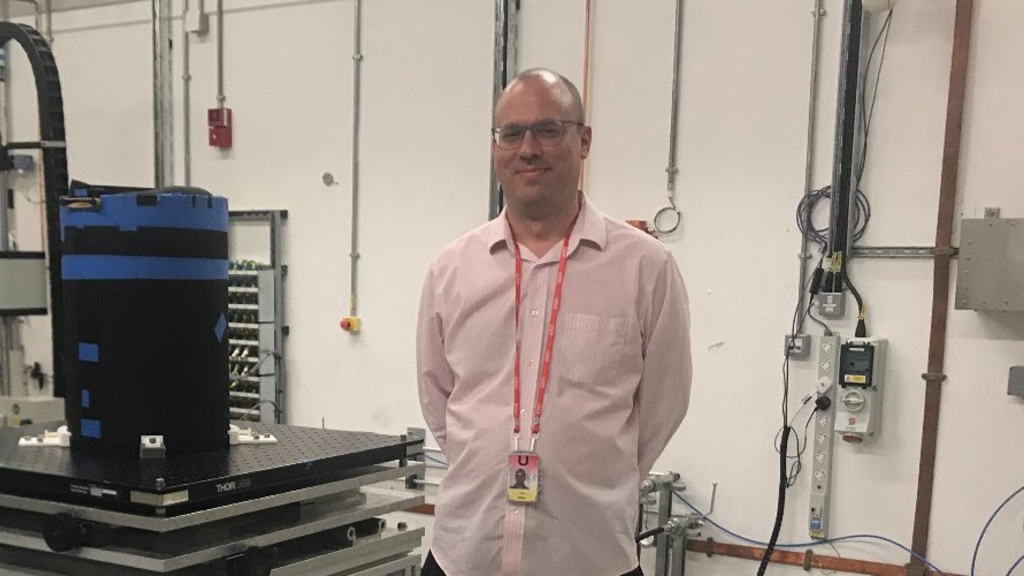News

Iowa Debuts New School of Earth, Environment, and Sustainability
Monday, February 2, 2026
As an ExxonMobil geologist, Leon Aden (80BS, 82MS) mentors students interested in Earth science who are as undecided as he was in college about which career path to take.
Leon Aden
Leon Aden
While Aden didn’t decide until his sophomore year to study geology, students today can explore a wide range of options early in core classes while working toward a degree. That’s thanks to the newly established School of Earth, Environment, and Sustainability (SEES) within the College of Liberal Arts and Sciences.

Want to do well in your courses? Attend office hours
Monday, February 2, 2026
Academic advisors in the College of Liberal Arts and Sciences bust five myths about instructor drop-in hours, as well as provide common questions to ask during your meeting.

Iowa Expert Helps Global Leaders Consider Risks of AI in Warfare
Monday, February 2, 2026

UI professor awarded funding to evaluate new approach for children who stutter
Monday, February 2, 2026

Tips for managing the cold "spring" semester
Monday, February 2, 2026
Don’t let the winter blues slow down your start to a successful semester. Here are five tips to get you off to a good start.

Bridging ancient texts and modern technology: Paul Dilley’s transformative impact on Religious Studies and Classics at Iowa
Monday, February 2, 2026
As the University of Iowa looks toward celebrating the 100-year anniversary of its Religious Studies department in 2026, Associate Professor and DEO, Paul Dilley, stands at the intersection of tradition and innovation. A scholar of ancient Mediterranean religions, early Christianity, and digital humanities, Dilley exemplifies the interdisciplinary spirit that defines the College of Liberal Arts and Sciences.

HSHP alum builds a career in rural medicine
Tuesday, January 27, 2026
Ericka (Tank) Muhlbauer, MD (B.S. ’14), is a family medicine physician in Carroll, Iowa, where she cares for patients at McFarland Clinic and St. Anthony Regional Hospital. Long before she was delivering babies and supporting families in western Iowa, her path began at the University of Iowa’s Department of Health, Sport, and Human Physiology (HSHP). As a human physiology major in the College of Liberal Arts and Sciences, Muhlbauer built a science foundation, found mentors, and gained hands-on research experience that helped her prepare for medical school and continues to shape the way she practices medicine today.

UI professor wins NASA funding to create map to study exoplanets
Tuesday, January 27, 2026
David Nataf, assistant professor in the Department of Physics and Astronomy, is the lead investigator on the research, which would yield detailed maps to improve the study of exoplanets whose locations are obscured by “interstellar extinction” — the dimming and reddening of stars’ and galaxies’ light due to dust. Specifically, Nataf’s research will focus on learning the properties of host stars, which include mass, distance, metallicity, and temperature. Understanding host stars’ properties is crucial because they shape the characteristics of exoplanets, helping researchers better understand them.

Meet four CLAS researchers and artists
Tuesday, January 27, 2026
Learn more about the exciting work of the following College of Liberal Arts and Sciences researchers and artists.

CLAS’s DSHB antibody resource awarded $3.4 million NIH grant to expand and modernize facilities
Tuesday, January 27, 2026
The NIH grant will fund a new centralized facility for the University of Iowa’s Developmental Studies Hybridoma Bank, boosting its capacity and modernizing its antibody production and research infrastructure.
Pagination